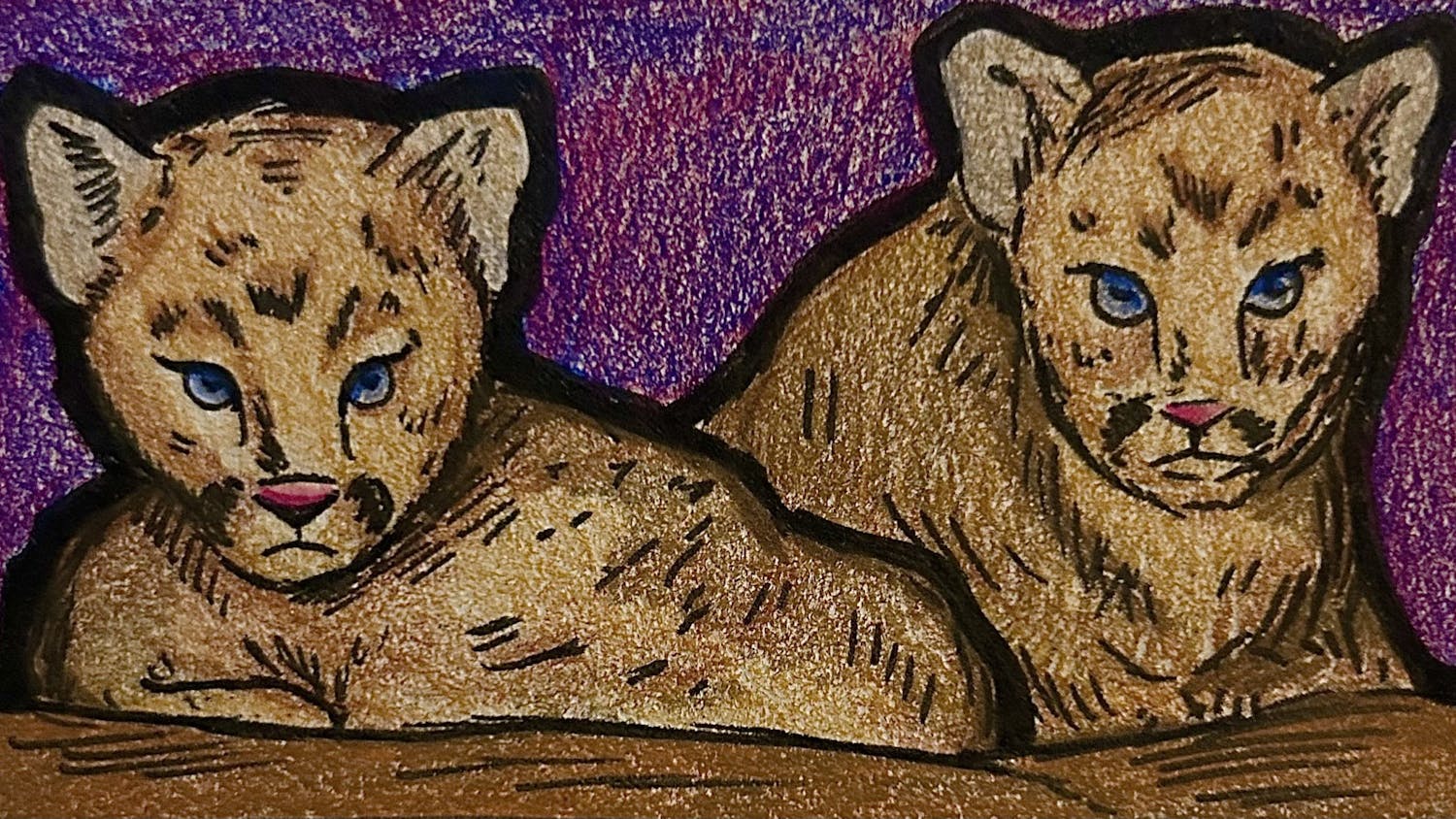There is a room in the Biochemistry building overflowing with scientific gadgets and gizmos. The dull glint of old microscopes and beakers sitting on every available flat surface is conspicuous against the piles of papers and boxes. Hidden behind this hodgepodge sits the desk of Professor Emeritus of biochemistry David Nelson: His necessary “I’m back here” is a beacon of sound guiding me through his office.
Nelson is neither a pack rat nor is he a potential star of A&E’s “Hoarders;” he is a collector of old laboratory instruments. And those in his office are simply a small fraction of his stockpile, overflowing many rooms and closets on this campus. It is because of Nelson’s love for science and the University of Wisconsin-Madison’s rich academic history that this collection continues to grow.
Nelson was born and raised in Fairmont, Minnesota, and it was in this small town he discovered his appreciation for the sciences. He credits his good teachers, especially his high school chemistry teacher, wth spurring his excitement for chemistry.
“I took things apart and put them back together. I was a ham-radio operator. But basically, it was chemistry that I loved,” Nelson said.
Nelson pursued his undergraduate studies at Minnesota’s St. Olaf College. Majoring in both biology and chemistry, he ultimately realized his desire to study medicine or the underlying causes of behavior. He was all set to go to medical school until the summer of his senior year when he worked full-time in a research laboratory. Nelson discovered he loved working in the lab and nothing else came close as a real challenge or pleasure. He changed his plans suddenly and went to graduate school at Stanford University.
Nelson joined Arthur Kornberg’s laboratory in 1964. Just a few years prior, in 1959, Kornberg received the Nobel Prize in Physiology or Medicine for his discovery of DNA synthesis mechanisms. Under Kornberg, Nelson studied the use of bacterial sporulation as a model for cell differentiation. When bacteria form spores, a part of the cell pinches off to make that spore. We now know a new set of genes is expressed, but Nelson’s group was still asking the simple questions about cellular differentiation.
“At Stanford, I was a greenhorn in a parade of first-rate people. But they took us graduate students on as equal colleagues,” Nelson said. “I was there at a wonderful time. This was after the structure of DNA was known but before the code was really worked out. So, everyday somebody would come in the door shouting, ‘They’ve got phenylalanine,’ or something else from the code. It was just intoxicating.”
“I think though, in retrospect, we were attacking the problem of sporulation too soon. The technology just wasn’t there. Now, you can go back and do all of the experiments I did, my colleagues did, in a matter of a few weeks,” added Nelson with a laugh.
After receiving his Ph.D, Nelson traded the West Coast for the East Coast when he started his post-doctoral work at Harvard Medical School in Eugene Kennedy’s laboratory. Nelson found Kennedy’s broad approach to research very different from Kornberg’s narrow-focused one. While he acknowledged both were important, Nelson favored breadth in his own laboratory when he became part of the UW faculty in 1971.
It was the research on bacterial attractants and repellents by another prominent UW professor of biochemistry, Julius Adler, that first brought Nelson to Wisconsin and inspired him to study the free-swimming unicellular organism called paramecium.
After jump-starting his own laboratory, Nelson began his teaching career with Biochem 501. He appreciated how the class forced him to know the entire field and gain the vocabulary to converse with any colleague, regardless of research topic.
Twenty years later, Nelson had the opportunity to teach for a year at Spelman College, a small African-American women’s college in Atlanta. He discovered he loved the depth achieved in teaching a smaller course so much he almost stayed on, but returned to UW to create a longer two-semester biochemistry course, 507 and 508, with his teaching partner, Michael Cox.
It was with Cox that Nelson took on the revision of Lehninger’s “Principles of Biochemistry” textbook. “It has been a really fabulous partnership. Dave really cares about the book and teaching,” Cox said. The book, in its fifth edition and produced in 12 languages, has become the most widely used biochemistry textbook in the world.
“Lehninger established the order of teaching biochemistry. Though we changed the book, his philosophy is still the same,” Nelson said. “His graduate student was my mentor Eugene Kennedy, so in a sense, I am his scientific grandson,” he added mirthfully.
Nelson actually came into his collection of old scientific instruments from a retiring UW professor, and grew to see the beauty of them. “Before long, everyone in the department knew if they had a piece of junk, they should bring it to me,” Nelson said.
The equipment is an important feature in a College of Agricultural and Life Sciences course, Inter-Ag 375 Ground Breaking Research in Life Sciences at UW: Past and Present, facilitated by Nelson and other professors. In the course, the first discussion of every week revolves around historical discoveries and the second discussion focuses on the current UW research derived from those discoveries. The lab allows students to repeat historical experiments with historical equipment. Teaching this course inspired Nelson to consider authoring a book on the history of science at UW-Madison.
“I love biochemistry and I love to teach. What motivates me, as it does most teachers, is seeing the lights come on in their eyes. Students take both biology and chemistry, and in biochemistry, they see it finally coming together,” Nelson said. “I hope what students learn from my teaching, both in class and the laboratory, is a healthy respect, maybe even an awe, for life.”






